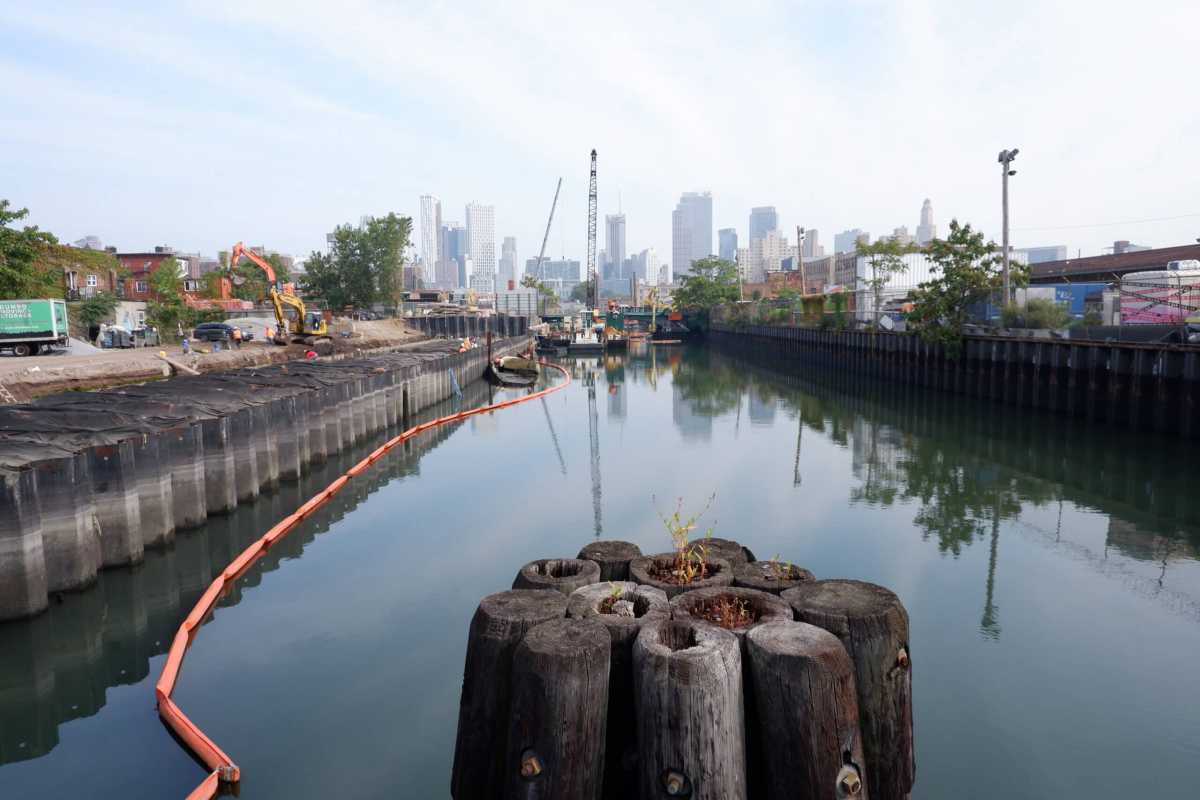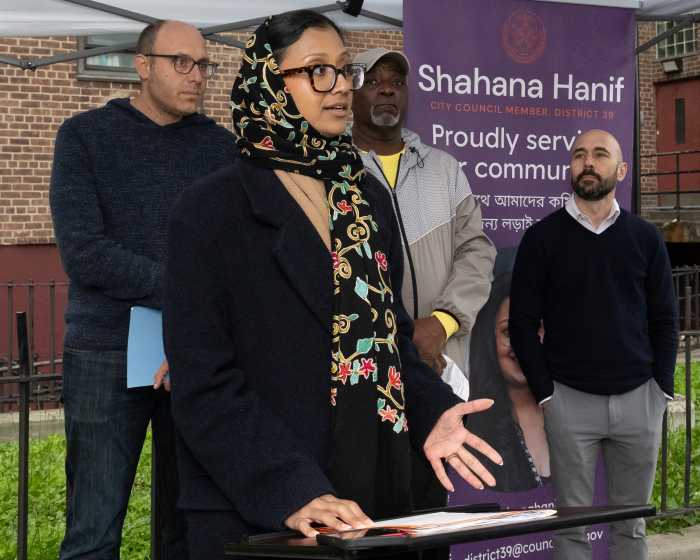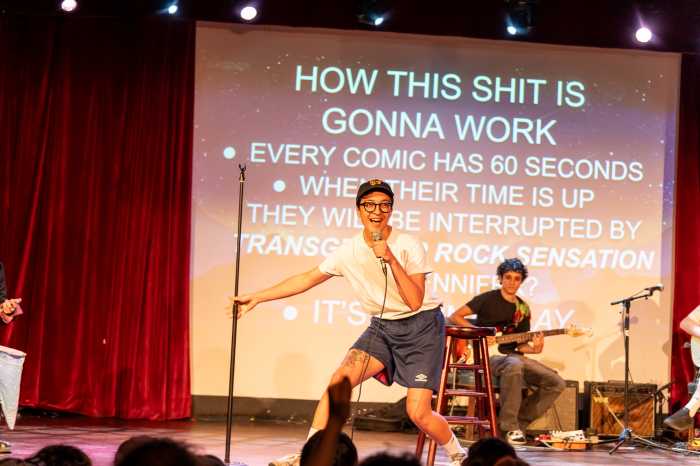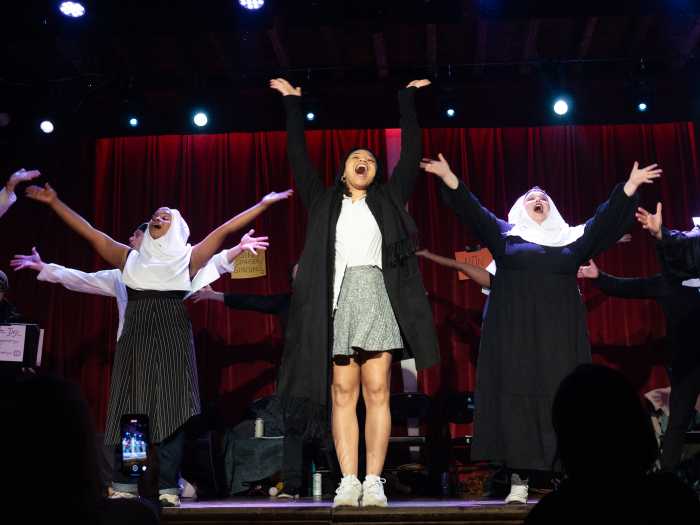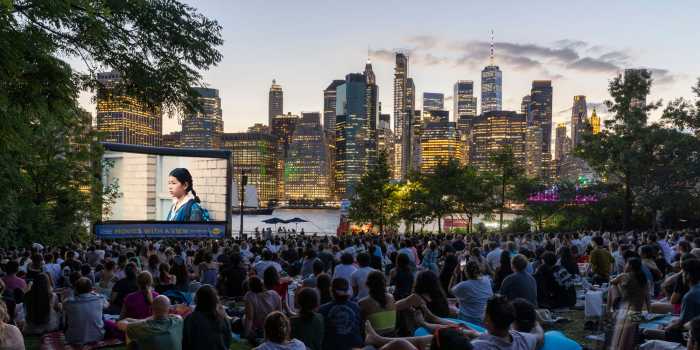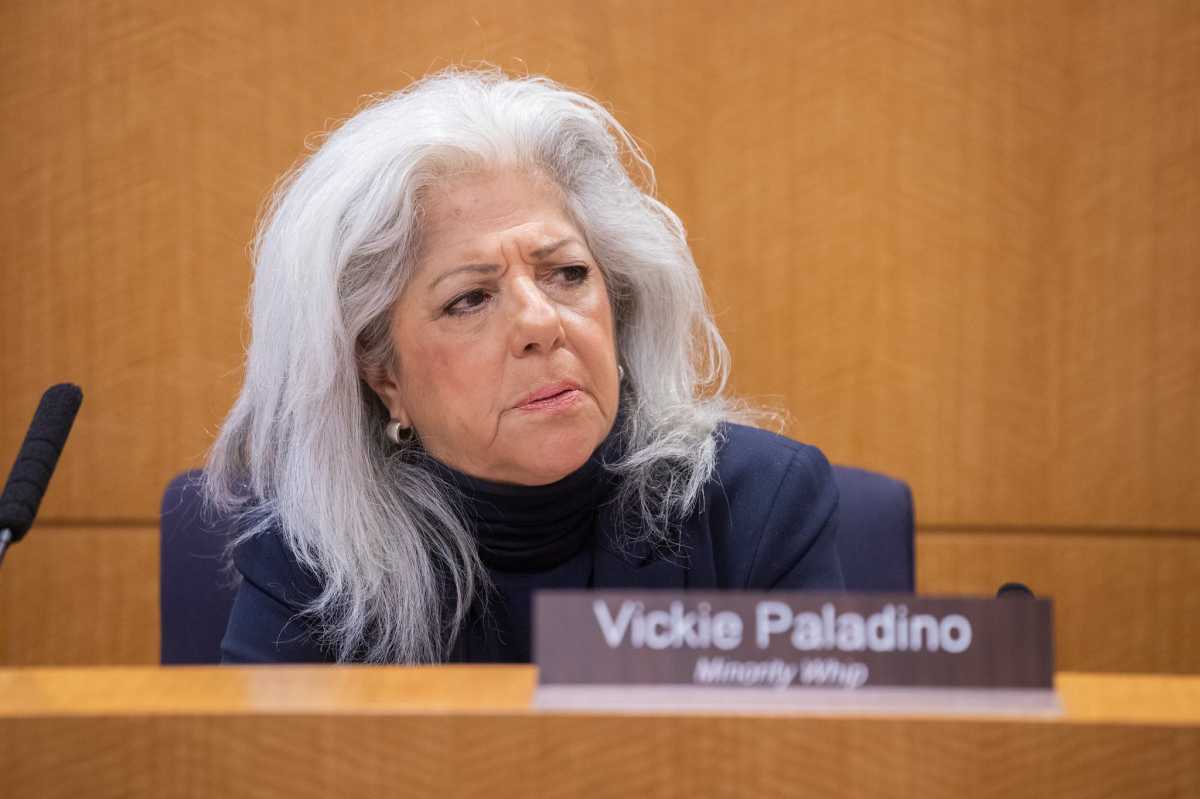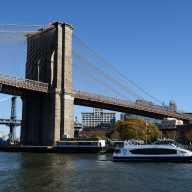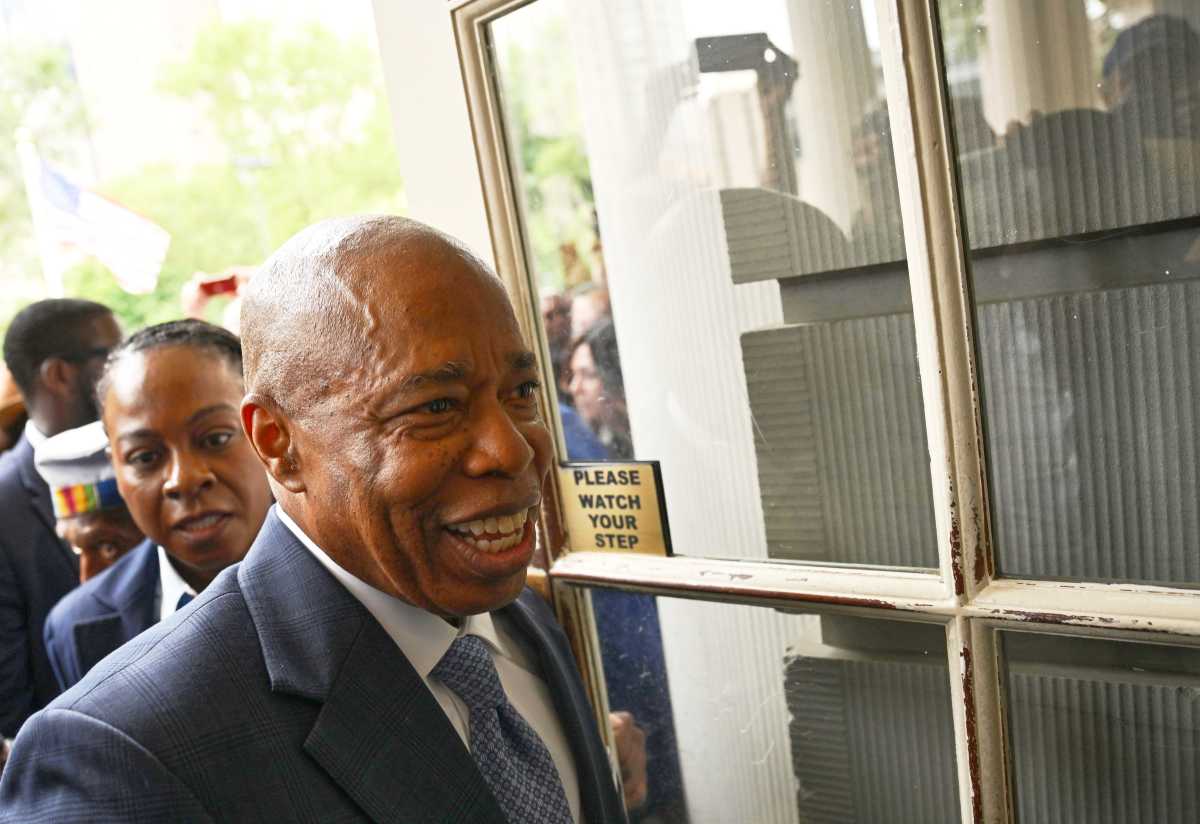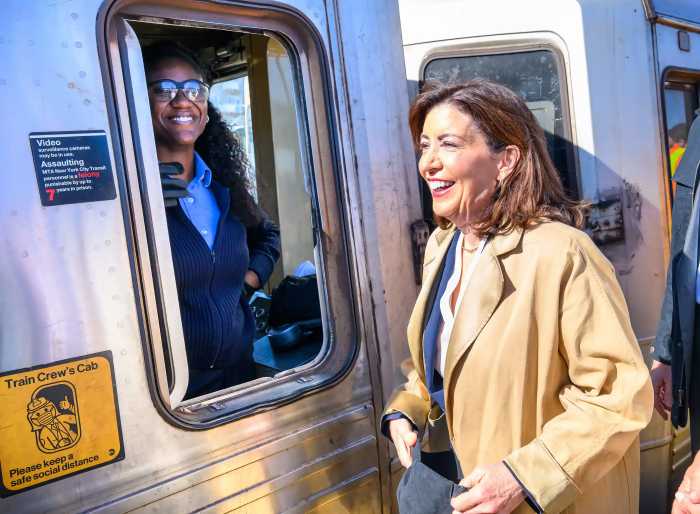City officials plan to officially kickstart the hotly-contested Gowanus neighborhood rezoning process by January 2021 — and they’ll start meeting with local community stakeholders about the proposed land-use changes in the coming weeks, Mayor Bill de Blasio’s housing czar announced Tuesday.
“I’m delighted to confirm today, with the support of council members [Brad] Lander and [Stephen] Levin, that we plan to restart community engagement in the coming weeks and certify the Gowanus neighborhood rezoning by January of 2021,” said Deputy Mayor for housing and economic development Vicki Been at a City and State webinar on Sept. 29.
The sprawling zoning overhaul will allow for construction of 8,000 new homes — 3,000 of which will be earmarked as “affordable” units tied to residents’ income levels. If the idea goes according to plan, the change could bring some 20,000 new people to the neighborhood bordering the noxious canal.
The new zoning laws would also bring improvements to the area’s public housing developments and parks, along with new waterfront open spaces — including a new 1.5 acre park at the Gowanus Green site, also known as Public Place, which is currently undergoing a state Brownfield Cleanup Program, according to Been.
The development guru added that a slate of private developers plan to bring benefits and jobs to the area.
“There are a number of private applications that promise to bring both significant benefits and job opportunities to our neighborhood,” she said.
The newly-released timeline will allow for almost a year to get the proposal through the city’s roughly seven-month Uniform Land Use Review Procedure before Lander, Levin, and de Blasio are all term limited out of office in January 2022 — which would leave the rezoning in the hands of a yet-to-be-determined mayor and city Council.
Been’s announcement comes after more than six months of uncertainty around the rezoning’s future. De Blasio halted all ULURPs in March as the coronavirus wreaked havoc on the Five Boroughs, before restarting the clock on the reviews citywide on Sept. 14.
Councilman Lander — whose district covers most of the rezoning area — previously urged city planners to restart the process soon to ensure that there would be enough time for “robust community engagement” for the proposal.
The legislator, who is running to be the city’s Comptroller, has said that the rezoning application would still need to meet some conditions to gain his full support, chiefly among them a plan for investments in local public housing.
“We simply cannot build a shining new mix of market-rate and affordable housing, while leaving the overwhelming majority of low-income residents and people of color who live in the area today
in dilapidated and deteriorating buildings next door,” said Lander in a joint statement with Levin Thursday.
The two lawmakers added that they believe in the potential of the land use change to bring more affordable housing units to an area sandwiched between wealthy brownstone neighborhoods — unlike most of de Blasio’s neighborhood-wide rezonings which have been in areas of mostly working class people of color.
“If we get Gowanus right — it’s not there yet, but it’s clearly possible — it has the potential to help us move forward from this dark time toward a more equitable, sustainable, and economically vibrant city,” the legislators said.
Opponents and proponents of the rezoning launched dueling petitions earlier this year to express their competing views about continuing the process during the pandemic — with Assemblywoman and Borough Presidential candidate Jo Anne Simon joining the opposition, saying the pandemic robbed the community of a proper opportunity to give input.
A cadre of local groups, called the Gowanus Neighborhood Coalition for Justice, demanded that if the city restart the rezoning, officials allow small, socially-distant outdoor public meetings, arguing that virtual town halls alone won’t cut it for such a far-reaching project.
Among the coalition’s other key demands, they also asked that the city release the rezoning’s environmental impact statement — a document which usually formally triggers the start of ULURP — at least two months before the review’s start.
Meanwhile, the federal Superfund cleanup of the heavily-polluted canal is scheduled to start in November, even as city environmental bigs seek to delay the construction of crucial retention tanks as part of the channel’s cleanse.
While Been didn’t provide more details on how the process will move forward, she dismissed the rezoning’s critics, arguing that the neighborhood revamp would be a boon for the city as it recovers from the health crisis.
“There’s no room in this crisis for nay-sayers,” said Been. “Especially in a crisis, a plan beats no plan and people need housing, right now, they need jobs, right now, they need to be healthier, right now, so work with us. If you have objections… talk to me, let’s work to improve those plans, or bring me a realistic alternative, but don’t just criticize, let’s work together.”
Clarification/Update (Thursday, Oct. 1 12:49 pm): A previous version of this article stated that Councilman Brad Lander had ardently supported a rezoning for years. The politician has in fact said that the rezoning would still need to meet a list of conditions before getting his full support. This article has also been updated to include statements from councilmembers Lander and Levin.


